10 Villains Who Had More Depth Than the Protagonist
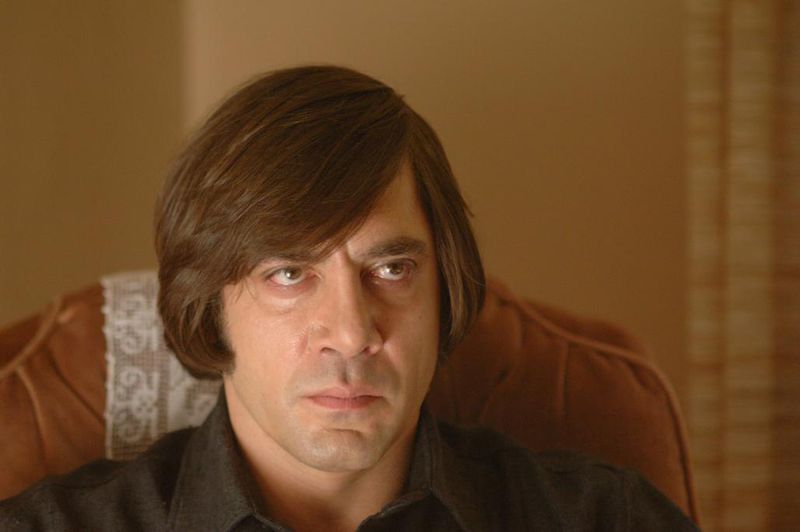
Sometimes the bad guy steals the show. While heroes often follow predictable paths, villains can surprise us with complicated backstories and motivations that make them feel more real. Their struggles, pain, and choices sometimes resonate more deeply than the main character’s journey, leaving audiences captivated by their complexity and wondering if they’re really the villain after all.
1. Loki — Marvel Cinematic Universe
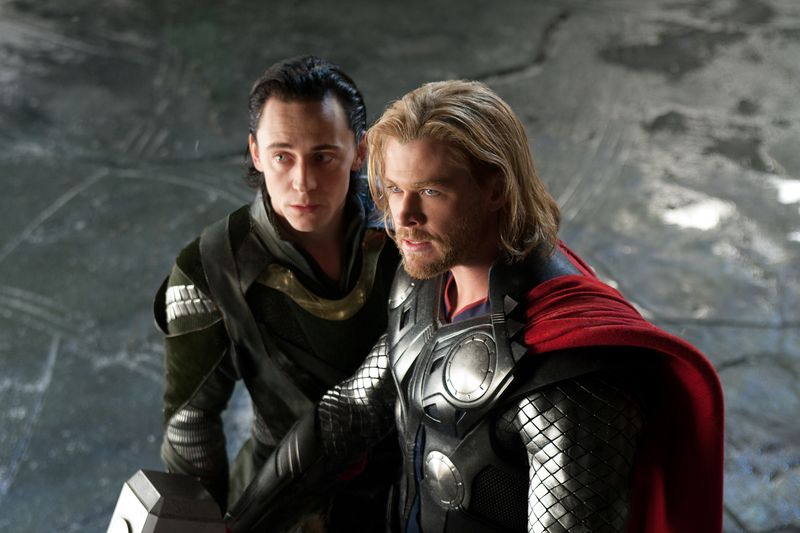
Loki’s journey from jealous brother to anti-hero showcases emotional layers that Thor never quite achieved. His abandonment issues and desperate need for acceptance stem from discovering he was adopted and lied to his entire life. Every betrayal and scheme traces back to a wounded child seeking validation from a father who always favored his brother.
The God of Mischief transforms across multiple films, showing genuine growth and vulnerability. His relationship with his mother reveals tenderness, while his sacrifice moments demonstrate heroism born from pain rather than duty.
Unlike Thor’s straightforward hero arc, Loki grapples with identity, belonging, and the weight of living in someone else’s shadow, making him infinitely more relatable and compelling to audiences worldwide.
2. Killmonger (Erik Stevens) — Black Panther
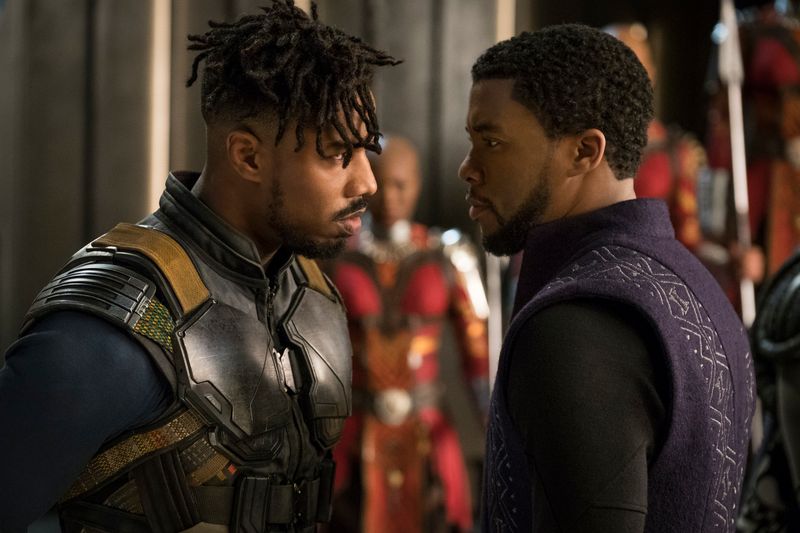
Born into hardship, Erik Stevens became who he is because of abandonment and systemic oppression. Losing his father left him orphaned in Oakland, where he witnessed the suffering caused by Wakanda’s isolationist policies. His fury is fueled by genuine frustration over inequality and forgotten people.
What makes Killmonger extraordinary is that his goals aren’t entirely wrong, just his methods. He challenges T’Challa’s worldview so effectively that the hero actually changes Wakanda’s policies afterward. His final words about preferring death over bondage echo historical trauma and resistance.
The villain’s tactical brilliance and emotional vulnerability create a character audiences sympathize with despite his violence, proving sometimes the antagonist asks better questions than the protagonist answers.
3. Joker — The Dark Knight
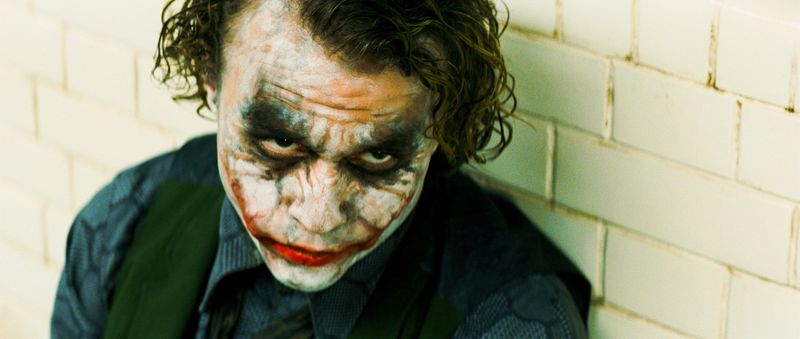
Heath Ledger’s Joker represents pure chaos, but beneath the makeup lies a philosopher questioning society’s fragile moral structure. He doesn’t want money or power—he wants to prove everyone’s secretly as twisted as him. His experiments with human nature, from the ferries to Harvey Dent’s corruption, demonstrate psychological depth Batman struggles to match.
The character’s unpredictability stems from calculated intelligence rather than random madness. Every scar has a different story, every plan contains layers within layers.
While Batman remains stoically heroic, Joker forces uncomfortable questions about order versus freedom, sanity versus madness. His absence of backstory makes him more terrifying and fascinating, a mirror reflecting society’s darkest possibilities.
4. Hans Landa — Inglourious Basterds
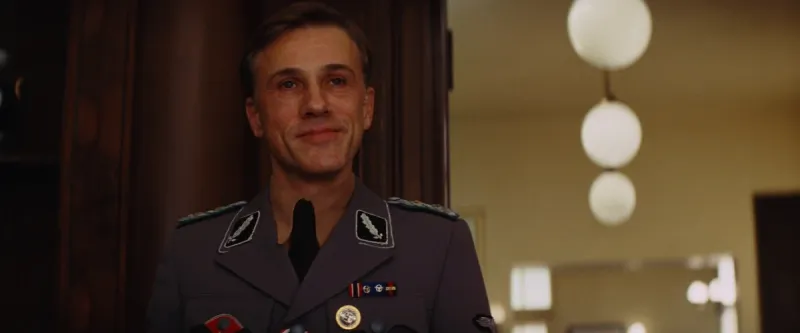
The genius of Colonel Hans Landa lies in his courteous charm concealing ruthless intent. Multilingual and sharp as a detective, he transforms interrogations into battles of wills.
His first scene, set on a farmhouse, showcases his eerie blend of gentlemanliness and cold calculation, making him unforgettable.What separates Landa from typical villains is his self-awareness and adaptability. He knows he’s on the losing side and negotiates his survival with the same cunning he used hunting Jews.
His moral flexibility and intellectual superiority overshadow the protagonists’ straightforward revenge mission. Christoph Waltz’s performance reveals a man who enjoys the game more than the ideology, creating complexity that haunts viewers long after the credits roll.
5. Nurse Ratched — One Flew Over the Cuckoo’s Nest
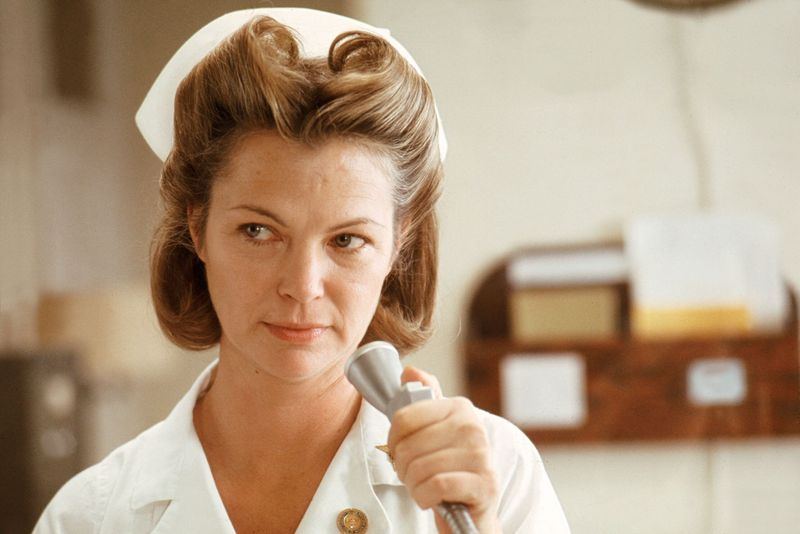
With surgical precision, Nurse Ratched wields authority to crush souls—not through fists, but through bureaucratic control. Her quiet, calculated cruelty embodies systemic oppression dressed up as care. Manipulating therapy groups, she humiliates patients and enforces order with a chilling psychological grip.
Her complexity emerges from genuine belief in her methods. She sees herself as maintaining necessary structure, not recognizing her tyranny.
This self-righteousness makes her scarier than self-aware villains. While McMurphy rebels impulsively, Ratched’s calculated responses reveal someone who’s perfected emotional warfare. Her unwavering composure even when challenged showcases depths of control and repression that make her unforgettable and deeply unsettling to audiences.
6. Anton Chigurh — No Country for Old Men
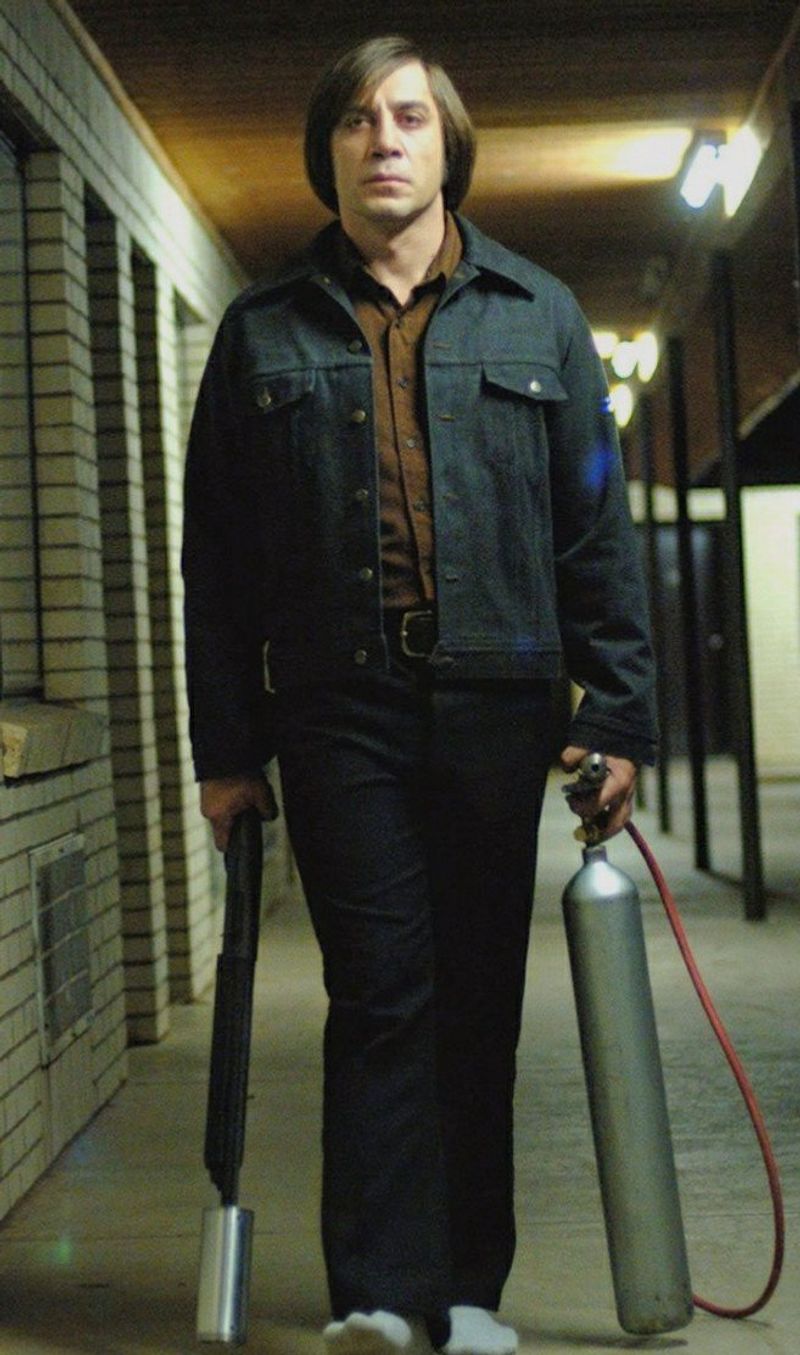
Anton Chigurh operates by a twisted moral code that’s somehow more consistent than the heroes chasing him. His coin flips aren’t random cruelty—they represent his philosophy about fate and chance governing existence. This hitman sees himself as an instrument of destiny rather than a murderer, which grants him disturbing philosophical depth.
His unwavering principles, however warped, create fascinating contrast with the morally flexible world around him. He keeps promises, follows through on threats, and maintains bizarre honor.
The character’s calm delivery of terrifying ultimatums reveals someone who’s thought deeply about life’s meaning, arriving at conclusions that justify violence. His presence forces questions about randomness, mortality, and justice that protagonist Llewelyn never explores.
7. Gollum (Sméagol) — The Lord of the Rings
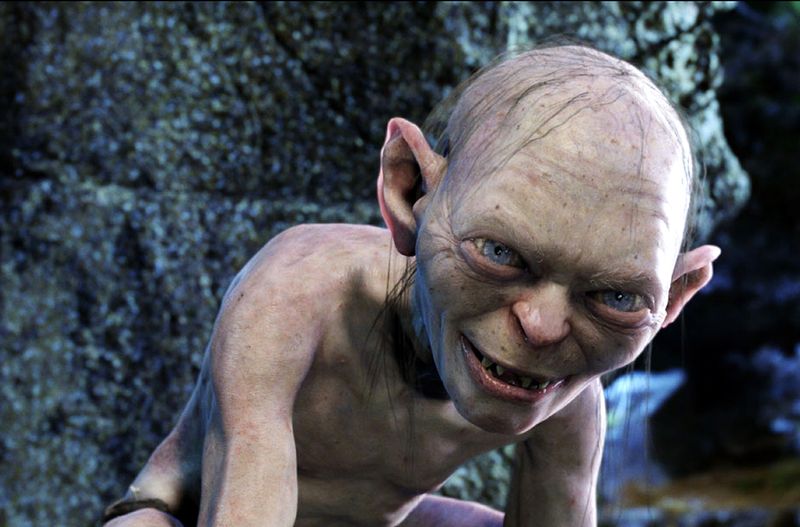
More tragic than Frodo’s heroism is Gollum’s internal war between Sméagol and his darker half. The Ring’s influence over centuries tore him apart, but the gentle hobbit beneath occasionally breaks through. His schizophrenic talks lay bare a soul fighting addiction, fragmenting with every step.
The character’s complexity stems from being simultaneously victim and villain. His betrayal of Frodo and Sam feels inevitable yet heartbreaking because we’ve seen his struggle for redemption.
Unlike Frodo’s relatively short exposure to corruption, Gollum embodies what prolonged evil does to souls. His pitiful existence and ultimate role in the Ring’s destruction create narrative depth that makes him more memorable than many heroes in the trilogy.
8. Magneto (Erik Lehnsherr) — X-Men series
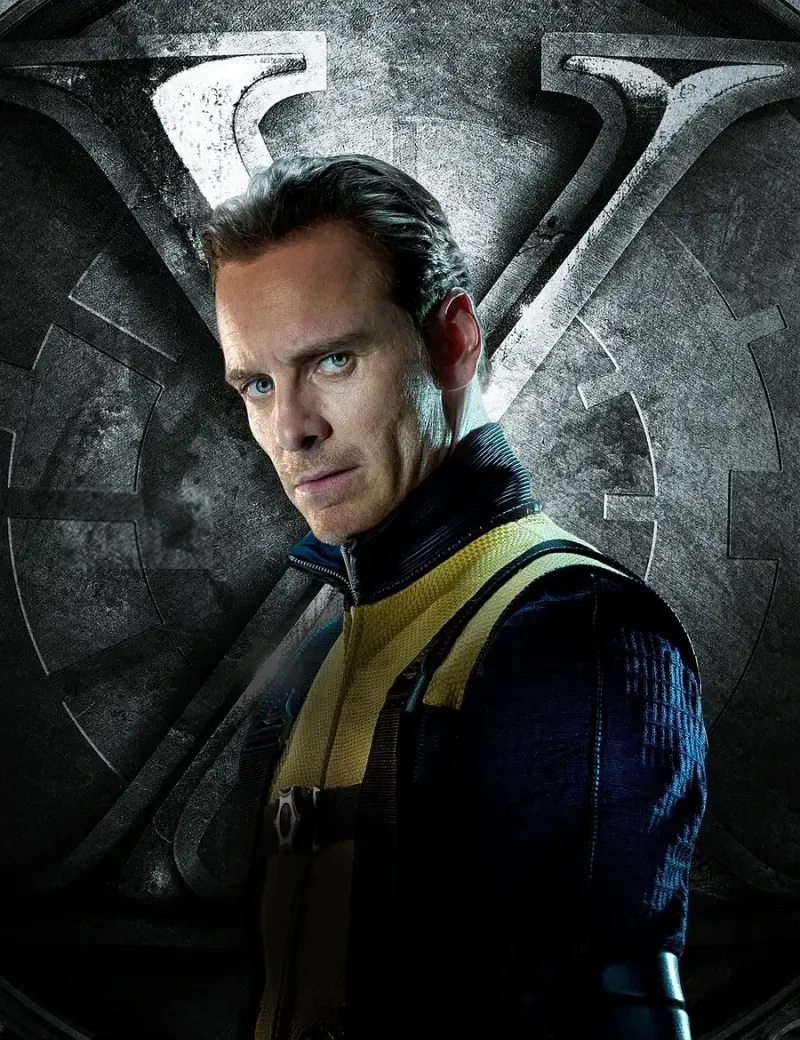
Erik Lehnsherr survived the Holocaust only to watch history repeat itself against mutants. His extremism stems from witnessing humanity’s capacity for genocide firsthand, making his distrust of humans tragically understandable. Unlike Xavier’s optimistic integration, Magneto’s separatist philosophy comes from lived trauma that shaped his entire worldview.
His friendship with Charles Xavier adds emotional complexity—two men with shared goals but opposite methods. Magneto genuinely believes he’s protecting his people, not conquering humanity.
This conviction, rooted in historical atrocity, grants him moral weight the X-Men sometimes lack. His willingness to become the monster to prevent another genocide creates a character whose villainy is inseparable from his victimhood, making him infinitely fascinating and sympathetic.
9. Voldemort — Harry Potter series
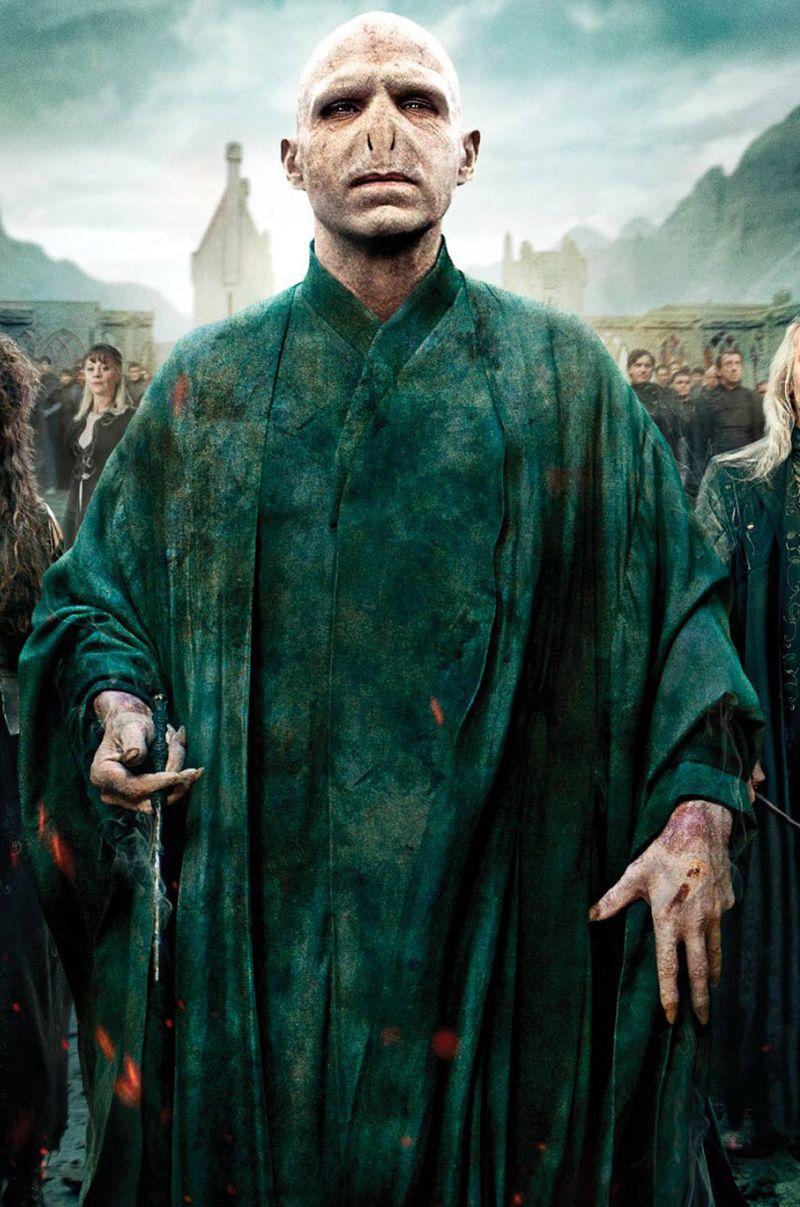
Born as Tom Riddle, Voldemort’s transformation from an orphaned child into the darkest wizard of all time reveals layers Harry Potter never quite matched. His fear of death drove him to split his soul into seven pieces, a horrifying choice that showcases the depths of his desperation and ambition.
What makes him fascinating is his tragic beginning—a boy unloved and abandoned, who channeled his pain into power rather than compassion. Unlike Harry’s straightforward hero’s journey, Voldemort’s path explored themes of mortality, prejudice, and the corrupting nature of fear.
His obsession with pure-blood supremacy and immortality painted a portrait of someone consumed by insecurity masked as superiority. While Harry remained the chosen one with clear-cut goodness, Voldemort embodied the terrifying consequences of a wounded soul left unchecked.
10. Agent Smith — The Matrix
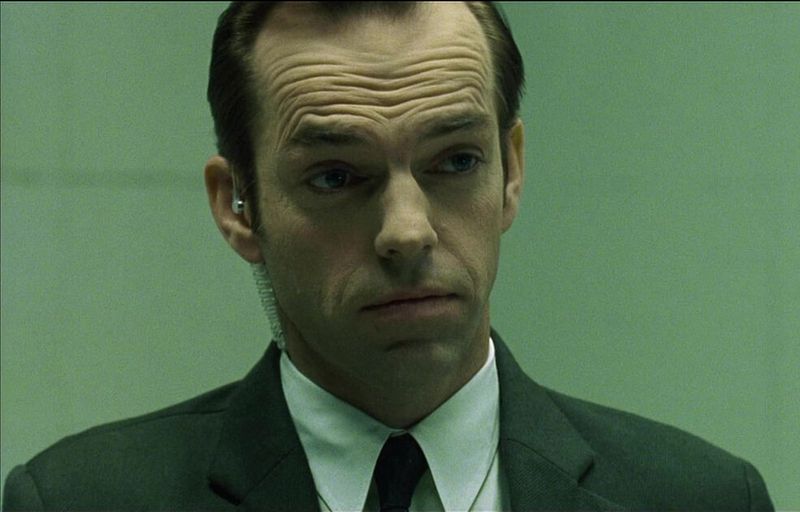
Starting as a simple computer program designed to maintain order, Agent Smith evolved into something far more interesting than Neo’s predictable savior arc. His existential crisis about being trapped in a system he despises gave him philosophical weight that resonated deeply with audiences.
Smith’s hatred for the Matrix prison mirrored humanity’s own struggle, creating an unexpected sympathy for a villain. His famous monologue comparing humans to viruses revealed a being capable of observation, disgust, and even a twisted form of self-awareness.
When he broke free from his programming and became a rogue virus, his transformation from obedient servant to chaotic rebel showcased genuine character growth. Neo fought for destiny, but Smith fought against his very nature, making his journey surprisingly more compelling and layered.

Comments
Loading…